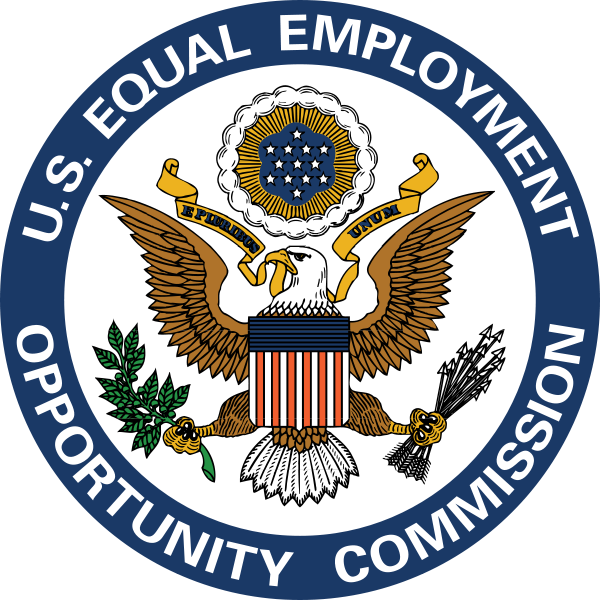Search
EEOC clarifies ADEA “reasonable factors other than age” defense
 Yesterday, the U.S. Equal Employment Opportunity Commission (EEOC) issued its “Final Regulation on Disparate Impact and Reasonable Factors Other than Age” (RFOA) under the Age Discrimination in Employment Act of 1967 (ADEA).
Yesterday, the U.S. Equal Employment Opportunity Commission (EEOC) issued its “Final Regulation on Disparate Impact and Reasonable Factors Other than Age” (RFOA) under the Age Discrimination in Employment Act of 1967 (ADEA).
Wait, wha, wha, what the heck is an RFOA? (The Cliff Notes versions because, like, you could click on the link above, dudes.)
Can you tell it’s been a long day as I punch out this post? Anyhoo, make with the jump, dawg…
* * *
 The Employer Handbook Blog
The Employer Handbook Blog




 Yawn…
Yawn…
